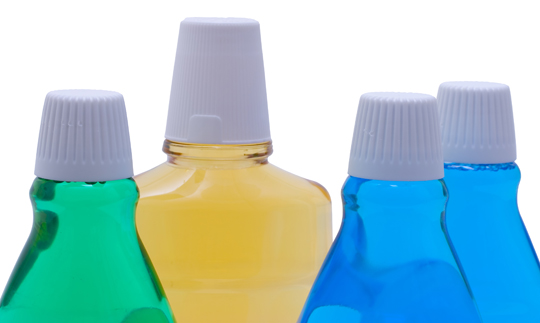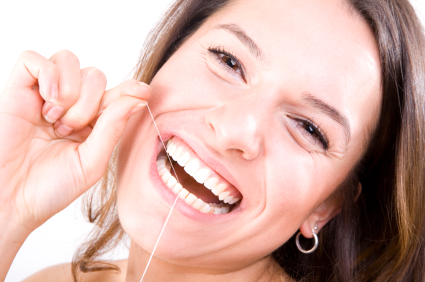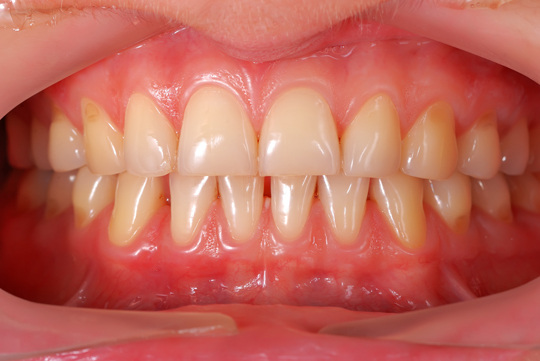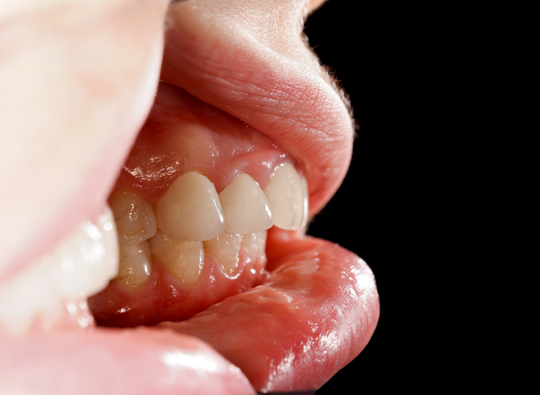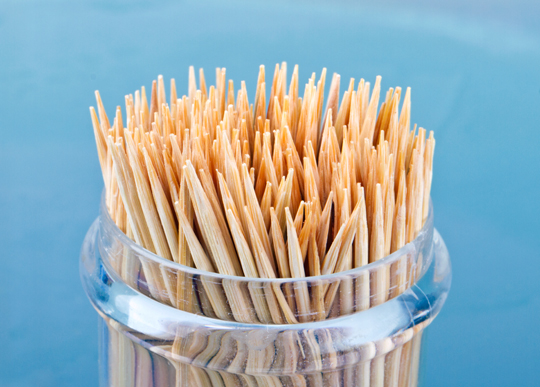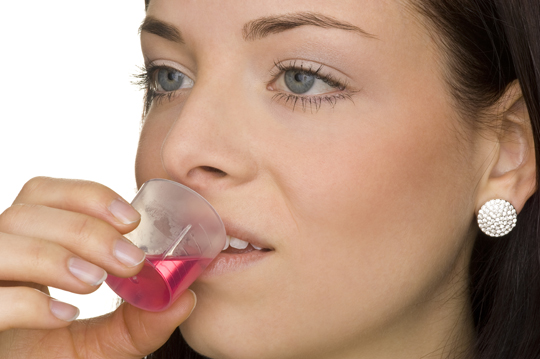Let’s face it — a lot of us just don’t floss as much as we should. Some people don’t floss at all. Mouthwash is commonly accepted as an equal alternative to flossing, and a lot of people prefer it more. All you do is swish some minty stuff around in your mouth for a little bit and you are good to go. The tingles it leaves behind even make you feel like your mouth is cleaner. But the battle between mouthwash versus dental floss is more than just black versus white or ‘A’ versus ‘B’.
Check out this information about each.
Mouthwash
– Mouthwash is a minty-flavored rinse that usually uses alcohol to clean your teeth and your mouth. Even those that don’t contain alcohol leave you with a tingly feeling that makes your mouth feel fresh and clean.
– Compared to flossing, that clean feeling is deceptive. Mouthwash can soften plaque and tartar build-up, but it usually isn’t effective at removing that build-up altogether.
– Mouthwash can also cause aches and pains if you have sores inside of your mouth. Some washes, especially those that use alcohol, can also kill the good bacteria that your mouth needs.
– When used properly, mouthwash can aid in the removal of build-up and works very well to freshen your breath. That said, it shouldn’t replace flossing.
Flossing
– Floss is a thin, string-like material, either waxed or unwaxed, that works in between your teeth where brushes can’t reach to loosen and remove plaque and tartar build-up.
– Despite what mouth wash commercials may lead you to believe, floss is the most effective way to get rid of build-up between your teeth. It cannot be replaced by mouthwash or any other method.
– Flossing helps get rid of the food particles left behind by brushing. If those food particles are left, the build-up they produce can lead to painful gum issues, gingivitis and even gum disease.
– A lot of people say they don’t floss because it hurts their teeth and makes their gums bleed. Actually, not flossing is the cause of that pain and bleeding. Build-up between your teeth makes your gums weaker and more sensitive. When you floss and remove that build-up, your gums may bleed at first because they’re weak. After about one to two weeks of flossing (depending on your gums), the bleeding and pain will subside.
Pay A Visit To The Dentist
Dental health and hygiene is really important. Because of that, there is one clear winner in mouthwash versus dental floss. Mouthwash can aid in proper hygiene, but it can’t replace flossing. If you have more questions about your dental health, TalkLocal can connect you with the professionals in your area who can help.

